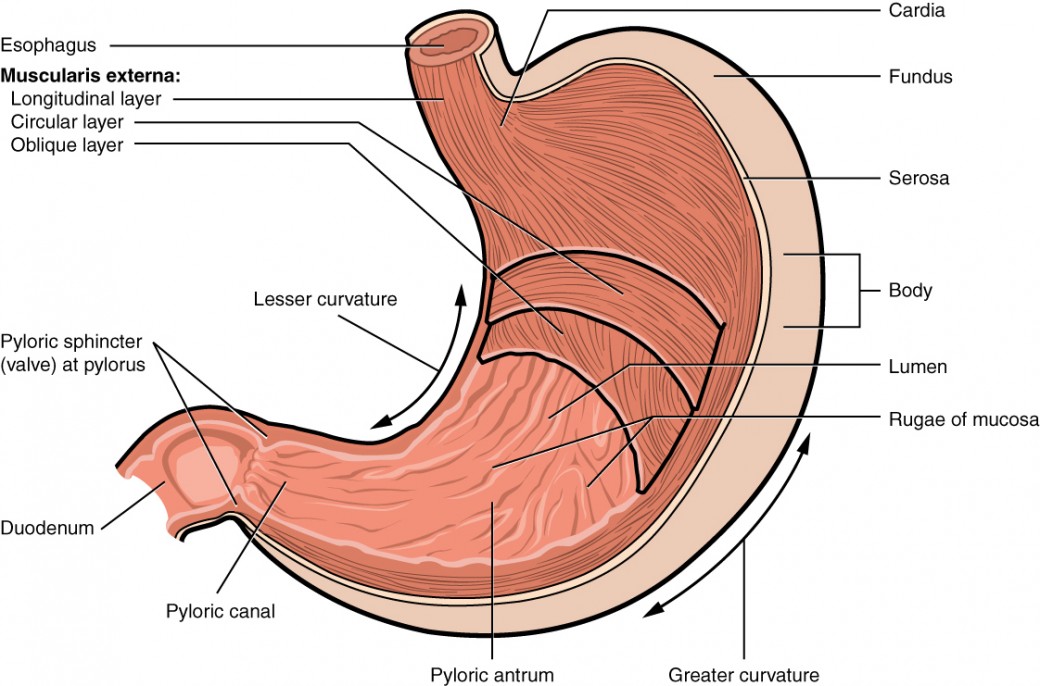Description
Intrinsic factor (IF) is a protein produced by the parietal cells of the stomach. It plays a crucial role in the absorption of vitamin B12 (cobalamin) in the small intestine. Intrinsic factor binds to vitamin B12, forming a complex that allows the absorption of vitamin B12 in the terminal ileum, the last part of the small intestine.
Intrinsic factor antibody (IF antibody) testing is used to diagnose pernicious anemia, an autoimmune condition characterized by the inability to absorb sufficient vitamin B12 due to the destruction of parietal cells in the stomach or the inhibition of intrinsic factor activity. In pernicious anemia, the immune system mistakenly produces antibodies that target intrinsic factor, interfering with its ability to bind to vitamin B12 and impairing its absorption.
IF antibody testing involves analyzing a blood sample to detect the presence of antibodies directed against intrinsic factor. Positive IF antibody test results suggest the presence of autoimmune pernicious anemia, indicating that the immune system is targeting and destroying intrinsic factor, thereby hindering vitamin B12 absorption.
Treatment for pernicious anemia typically involves lifelong vitamin B12 supplementation, often administered via intramuscular injections or high-dose oral supplements. This bypasses the need for intrinsic factor and ensures adequate vitamin B12 levels in the body. Additionally, periodic monitoring of vitamin B12 levels and clinical symptoms is essential to manage the condition effectively.



Reviews
There are no reviews yet.